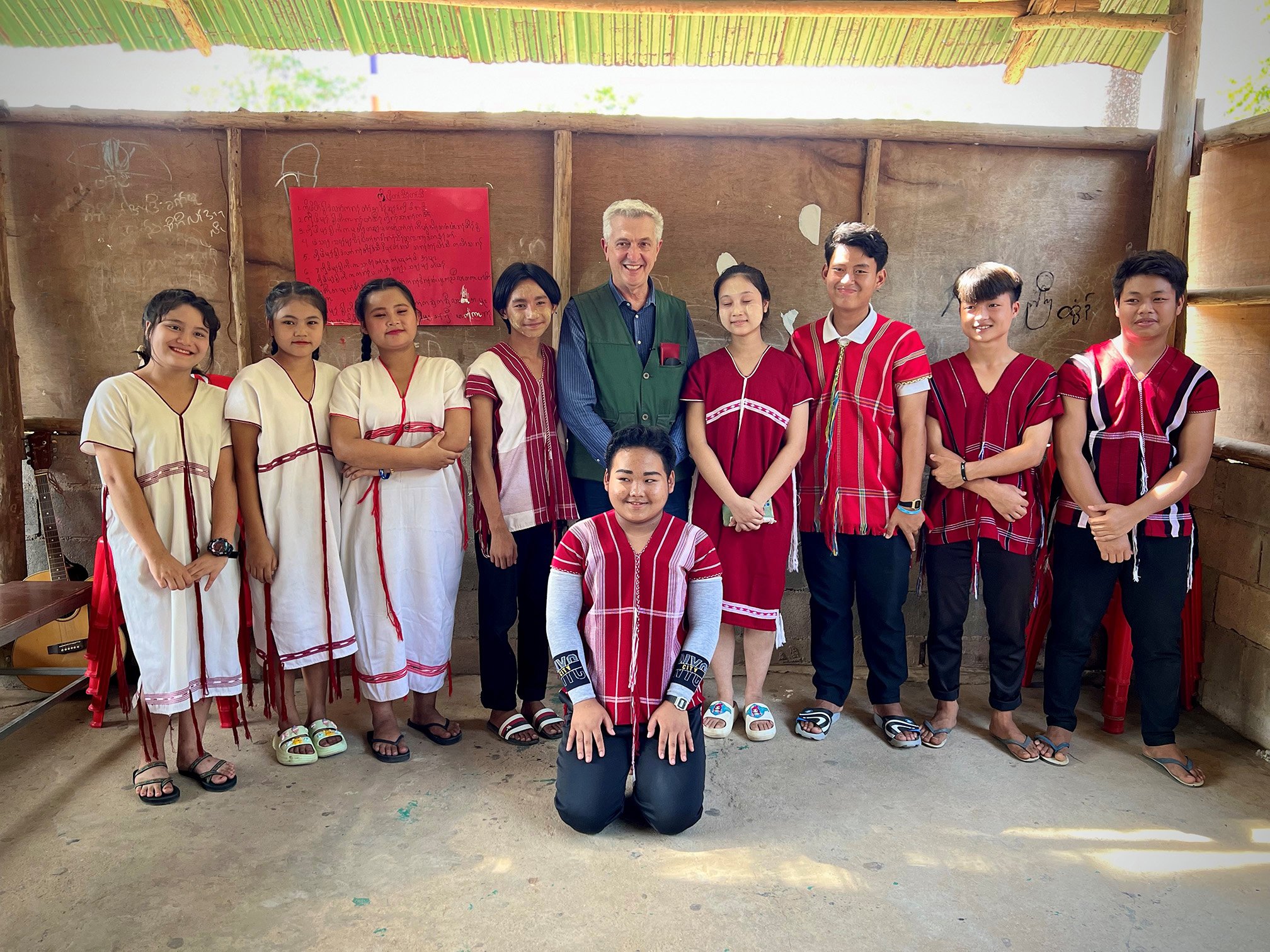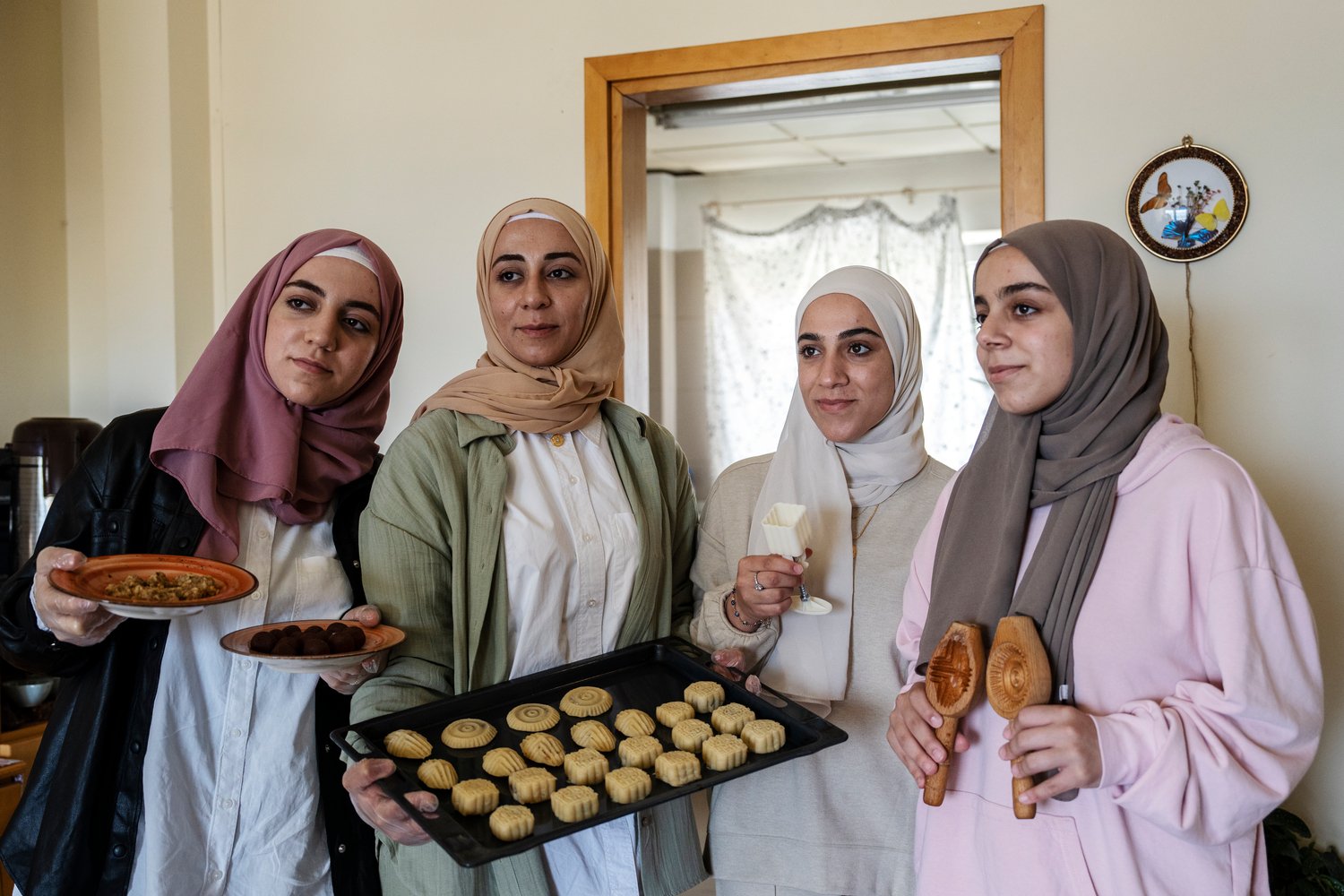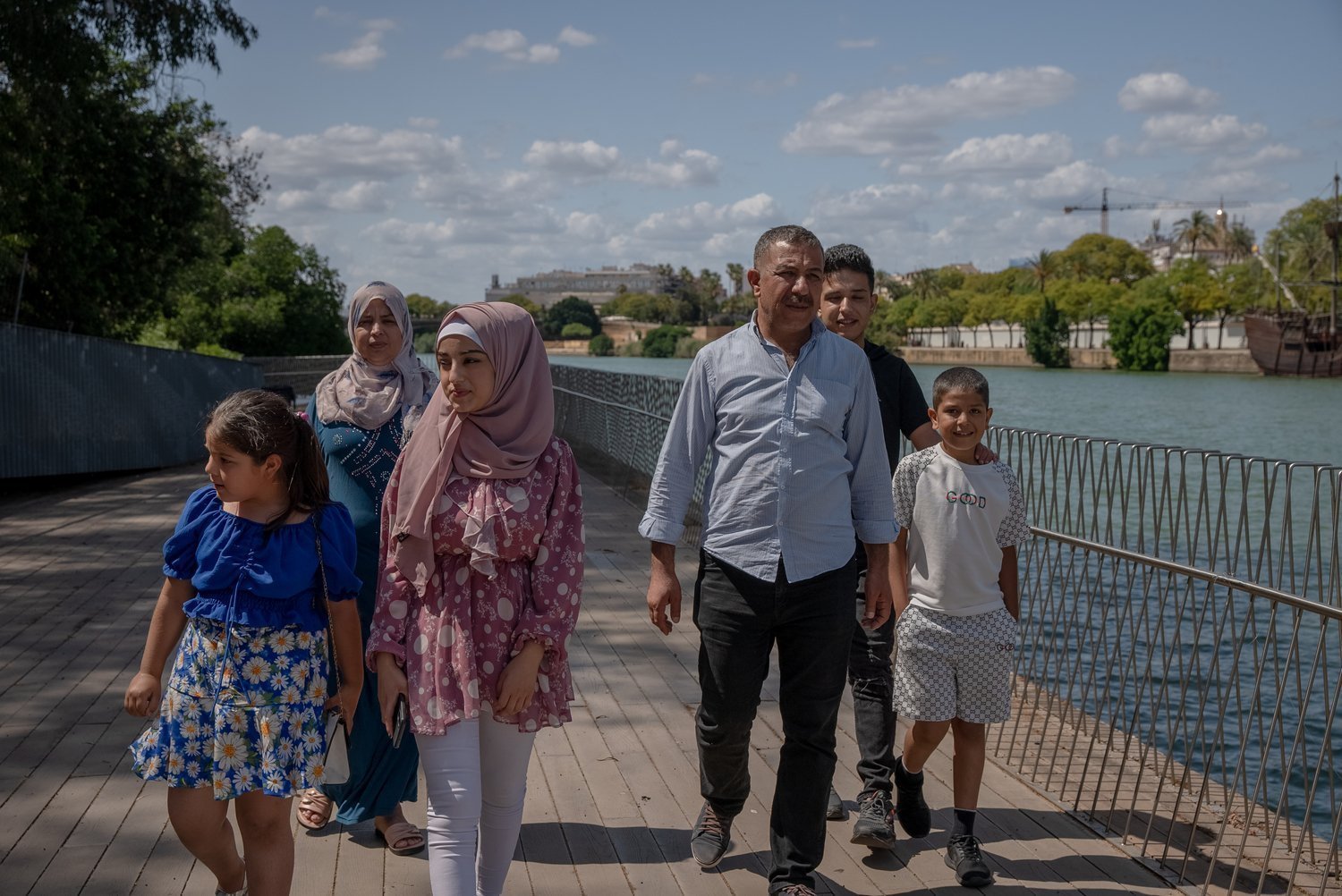UNHCR: 2025 global refugee resettlement needs spike to almost 3 million
UNHCR: 2025 global refugee resettlement needs spike to almost 3 million

GENEVA – UNHCR, the UN Refugee Agency, estimates that more than 2.9 million refugees worldwide will need resettlement next year, according to the Projected Global Resettlement Needs 2025 report released today.
The latest estimate marks an increase of 20 per cent – equivalent to half a million refugees - compared with 2024, driven by the prolongation of mass displacement situations, the emergence of new conflicts and the impacts of climate change.
For the ninth consecutive year, displaced Syrians continue to have the highest resettlement needs, with almost a million (933,000) refugees expected to require support through this program. This is followed by refugees from Afghanistan (558,000), South Sudan (242,000), Rohingya from Myanmar (226,000), Sudan (172,000) and the Democratic Republic of the Congo (158,000). Resettlement needs have also risen sharply in the Americas, owing to unprecedented levels of displacement in the region.
The increase in resettlement needs is also occurring at a time of difficult economic conditions globally, resulting in rising living costs and declining humanitarian aid. Growing xenophobia and discrimination are also exposing refugees to heightened risks of deportation, violence, exploitation and other human rights violations, while the impact of climate change and environmental disasters are also exacerbating refugees’ pre-existing vulnerabilities.
“Resettlement is a life-saving intervention for at-risk refugees and a meaningful response to increased and unresolved situations of forced displacement. It is a core part of the route-based approach that is needed to respond to the magnitude and complexity of displacement, helping ease pressures on long-standing refugee host countries and strengthening the broader refugee protection framework,” said Ruvendrini Menikdiwela, UNHCR Assistant High Commissioner for Protection.
“In a context where mixed movements of refugees and migrants have become increasingly common,” she added, “refugee resettlement and complementary pathways for admission provide a safer alternative to refugees who may otherwise be forced to resort to dangerous, irregular movement facilitated by smugglers.”
Refugee resettlement – which involves the relocation of refugees to a country that has agreed to admit them and grant them permanent settlement – is offered by States at their discretion.
Last year, 96,311 refugees were resettled by states, with the support of UNHCR. This is an increase of 65 per cent compared with the year before and close to the target of 100,000 set out in a UNHCR 2030 Roadmap on Third Country SolutionsLink is external. This however represents less than 5 per cent of refugees who were in need of resettlement in 2023. The USA, Canada, Germany and Australia received the largest numbers of UNHCR-facilitated resettlement departures during the year.
UNHCR is therefore calling on States to redouble their efforts to ensure those who need resettlement the most have access to it. This includes more States engaging in resettlement and ensuring that programmes offer both predictability and agility to respond to urgent and emergency cases.
In the spirit of the Global Compact on Refugees, UNHCR and partners are working on safe pathways for protection and solutions, but without the granting of asylum and the offer of resettlement places, the refugees in most acute need of support would be forgotten.
- View the full report: Projected Global Resettlement Needs 2025
- For an overview of the data, view the interactive dashboardLink is external
For media queries only, please contact:
- In Geneva: Shabia Mantoo, mantoo@unhcr.org







